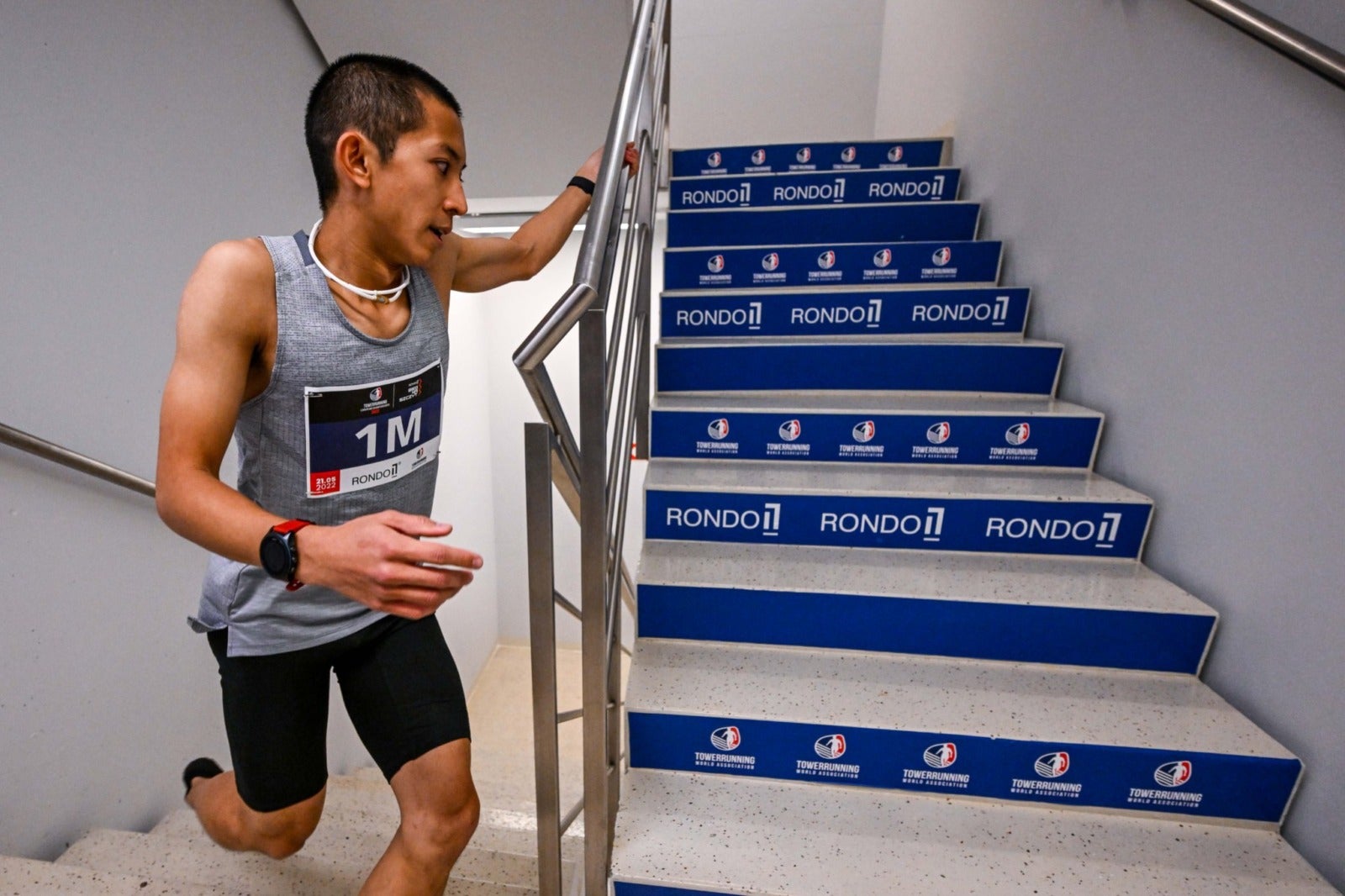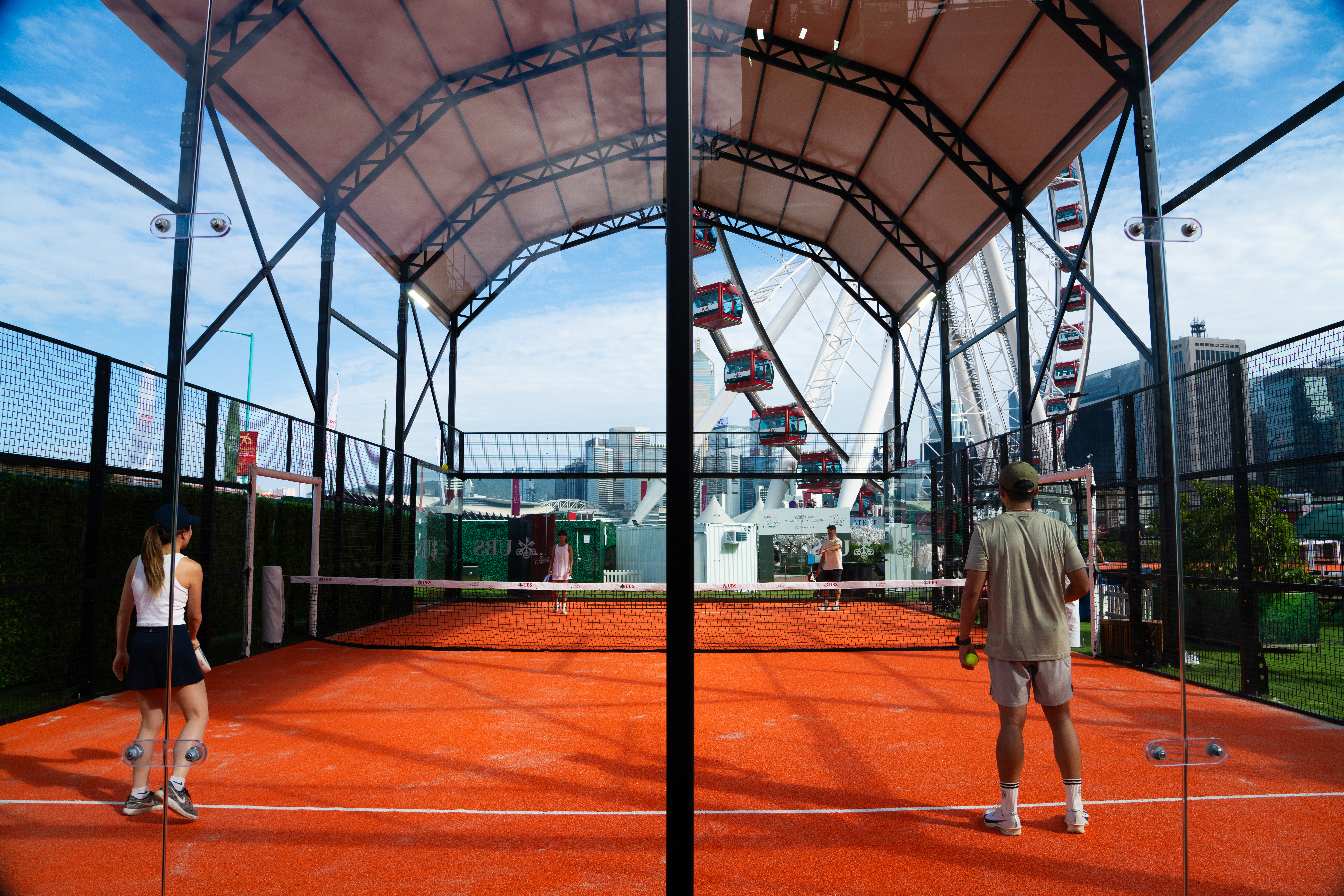At just 30 years old, Malaysian-Chinese Soh Wai Ching stands atop the global arena of tower running. Climbing iconic monuments like One World Trade Center and Burj Khalifa, Soh has redefined what it means to be an elite athlete. What follows is the journey of a man who turned stairways into podiums, and a quiet plea for recognition befitting his accomplishments.
From Cross-Country to Skyscrapers
Born in Kuala Lumpur in 1994, Soh grew up as the youngest in his family, first sharpening his competitive edge in chess tournaments before shifting focus to cross-country running in secondary school. By 18, he was competing at the university level while earning a Sports Science degree at the University of Malaya, collecting golds in the 5,000m and 10,000m races.
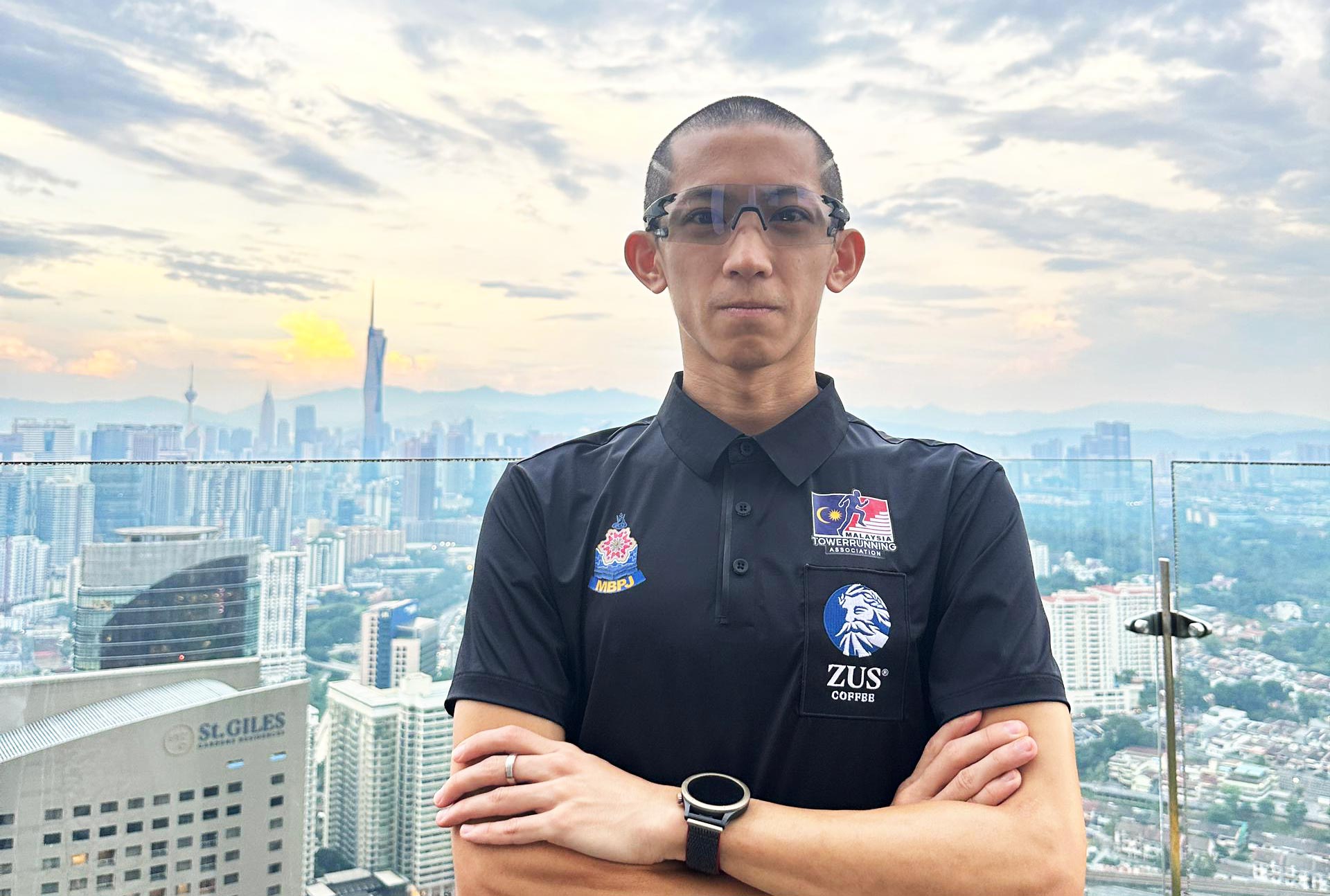
In 2017, a casual invitation to a stair climb at KL Tower unexpectedly changed the course of his athletic path. Training on the stairs of his own condo, Soh emerged as the best Malaysian finisher. “I didn’t even know tower running was a proper sport,” he recalled. But one race led to another, and before long, he was competing internationally, climbing staircases while learning to navigate the elite circuit of a sport that few Malaysians (or the rest of the world, for that matter) even knew existed.

Tower running, or vertical running, is exactly what it sounds like: a sprint up skyscraper stairwells, usually done solo and often under claustrophobic conditions. Each race presents different challenges—narrow steps, winding turns, unpredictable floor heights. The mental battle is as brutal as the physical one. Naysayers may chide tower running as just “climbing stairs,” despite the common knowledge that it is extremely exhausting to climb flights of stairs at one go, let alone a 104-floor building that requires methodical planning to scale.
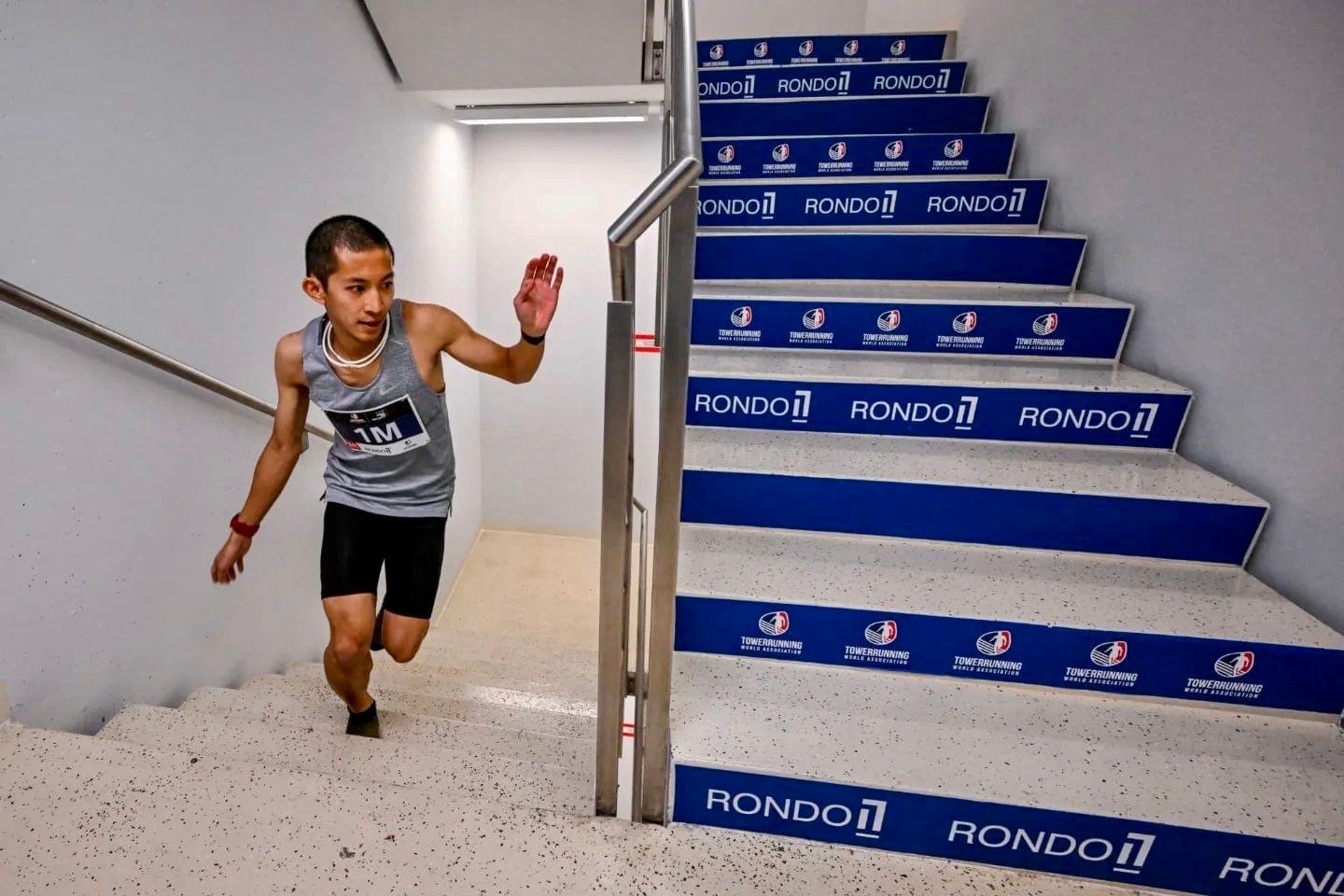
Soh stresses that tower running demands more than cardiovascular fitness. Athletes must memorize stair layouts, maintain precise pacing without looking up, and count each step like a metronome. Every building is unique, requiring a finely tuned combination of physical endurance and technical strategy.
Governed by the Towerrunning World Association (TWA), the sport has developed a steady international following. Top-tier events are held in buildings like the Eiffel Tower, Shanghai Tower, and Taipei 101. But for all its difficulty and global reach, tower running remains niche, especially in Asia.
World Records in Silence
Despite the obscurity of the sport, Soh quickly rose to domination. In April 2022, he claimed the World No. 1 tower running ranking and held it through much of 2024. As of mid‑2025, he remains firmly at No. 2, just behind his longtime rival, Germany’s Christian Riedl.
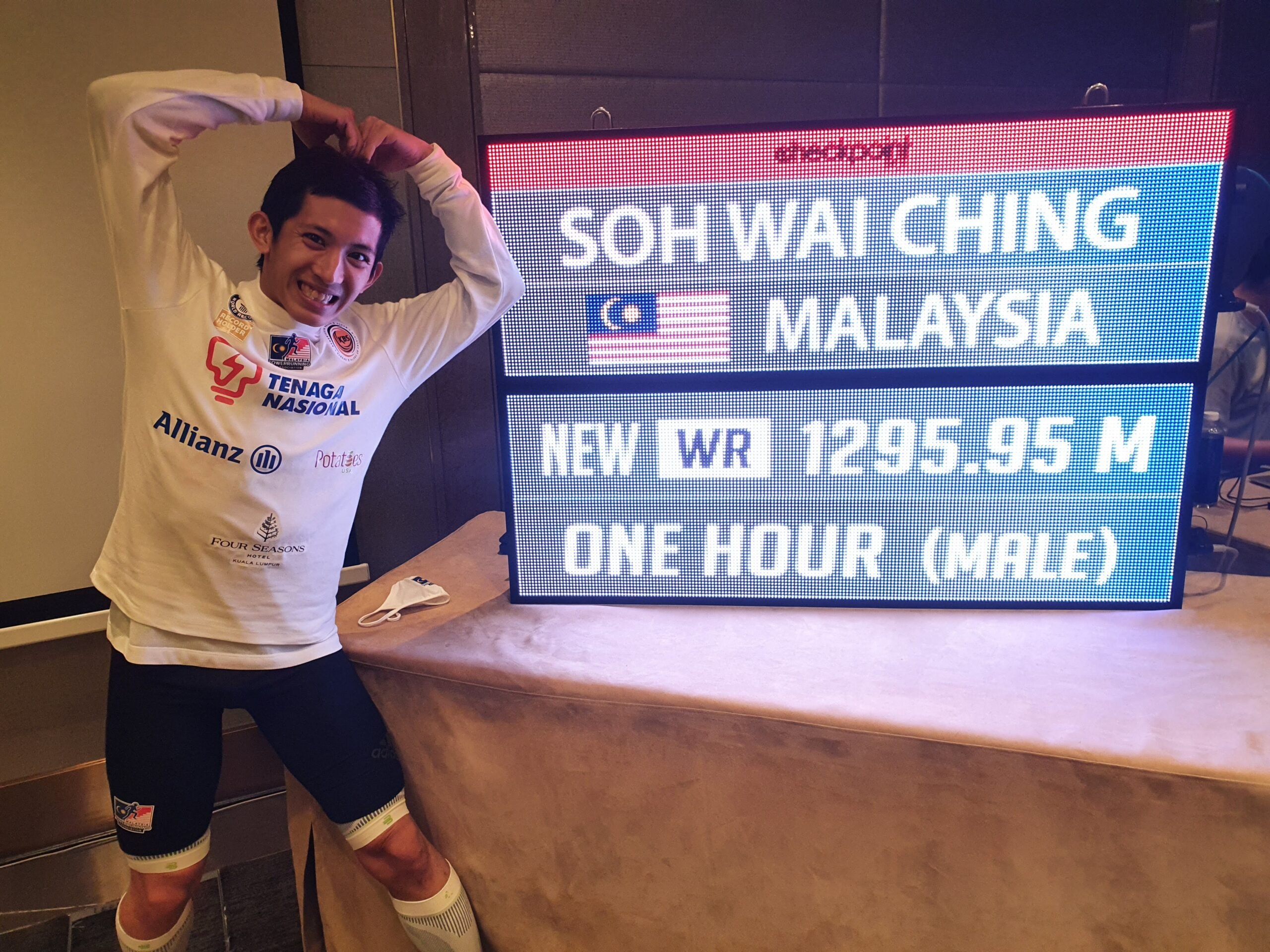
Soh’s résumé is staggering: 158 races, 111 wins, and 89 course records. He’s the first Asian to win the Empire State Building Run‑Up (2021), retaining the title in 2022 and 2023; he’s scaled the Burj Khalifa and conquered Taipei 101, and holds a Guinness World Record for the greatest vertical height climbed in one hour. That’s 1.295 kilometers up a KL skyscraper in 2020.
His crowning moment came at the 2024 Towerrunning World Championships in Taipei, where he stood triumphantly atop one of the world’s tallest buildings. He also dominated the U.S. national tower circuit, winning four years in a row and earning praise from American broadcasters for his technical brilliance, all with limited sponsorship and often self-funding his travels.
The Recognition Gap
Yet back home in Malaysia, Soh’s achievements barely register. Unlike athletes in badminton or football, he doesn’t feature in government-funded elite athlete programs. There are no major endorsements, no coaching subsidies, and no guaranteed travel support.
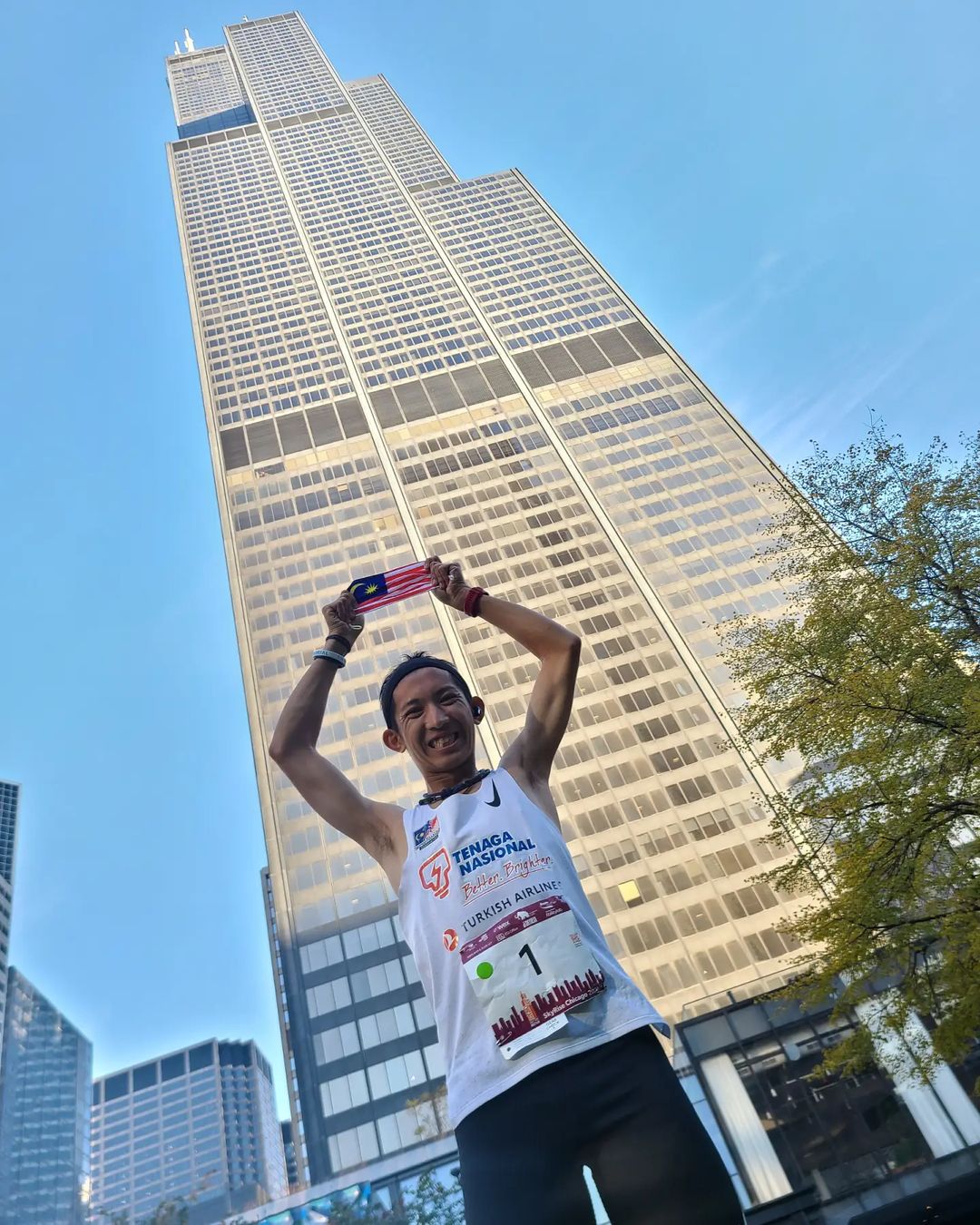
The contrast is stark: a Malaysian athlete dominating a global sport, winning golds and breaking world records, yet left to self-fund and self-promote. Local news site Free Malaysia Today lamented the “national snub,” while New Straits Times asked why such a dominant athlete remains overshadowed at home.
Soh says that while national recognition would be encouraging, what truly drives him is the love of the challenge. He ultimately believes Malaysians can top the world, even in niche sports such as this one.
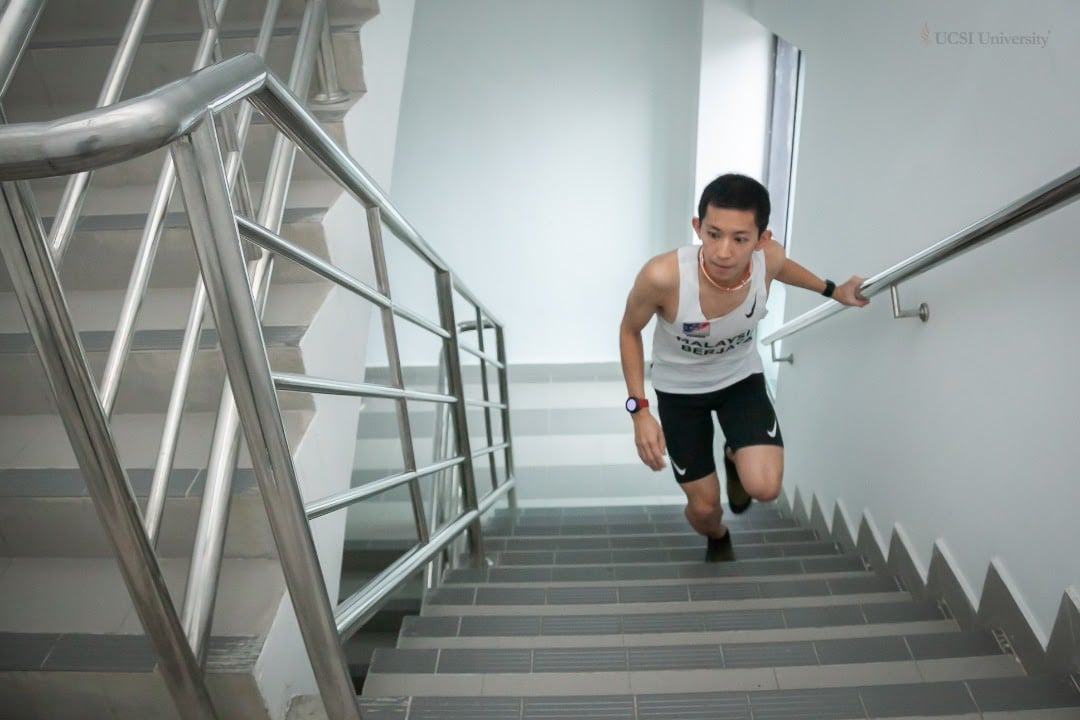
His long‑term mission is ambitious: to bring global races to Malaysia. He’s begun mentoring younger athletes and delivering motivational talks, hoping to elevate the visibility of vertical running and pave the way for future climbers.
Not Stepping Down Anytime Soon

With each tower conquered, Soh carries the spirit of Malaysia upward. But it’s time that commitment is matched by better support at home. As he trains for the next skyscraper and another shot at the World No. 1 spot (he’s currently No. 2 at the time of writing), one can only hope that when he plants his flag at the summit, it will be a victory celebrated in fanfare back home.
Cover image via Soh Wai Ching.

